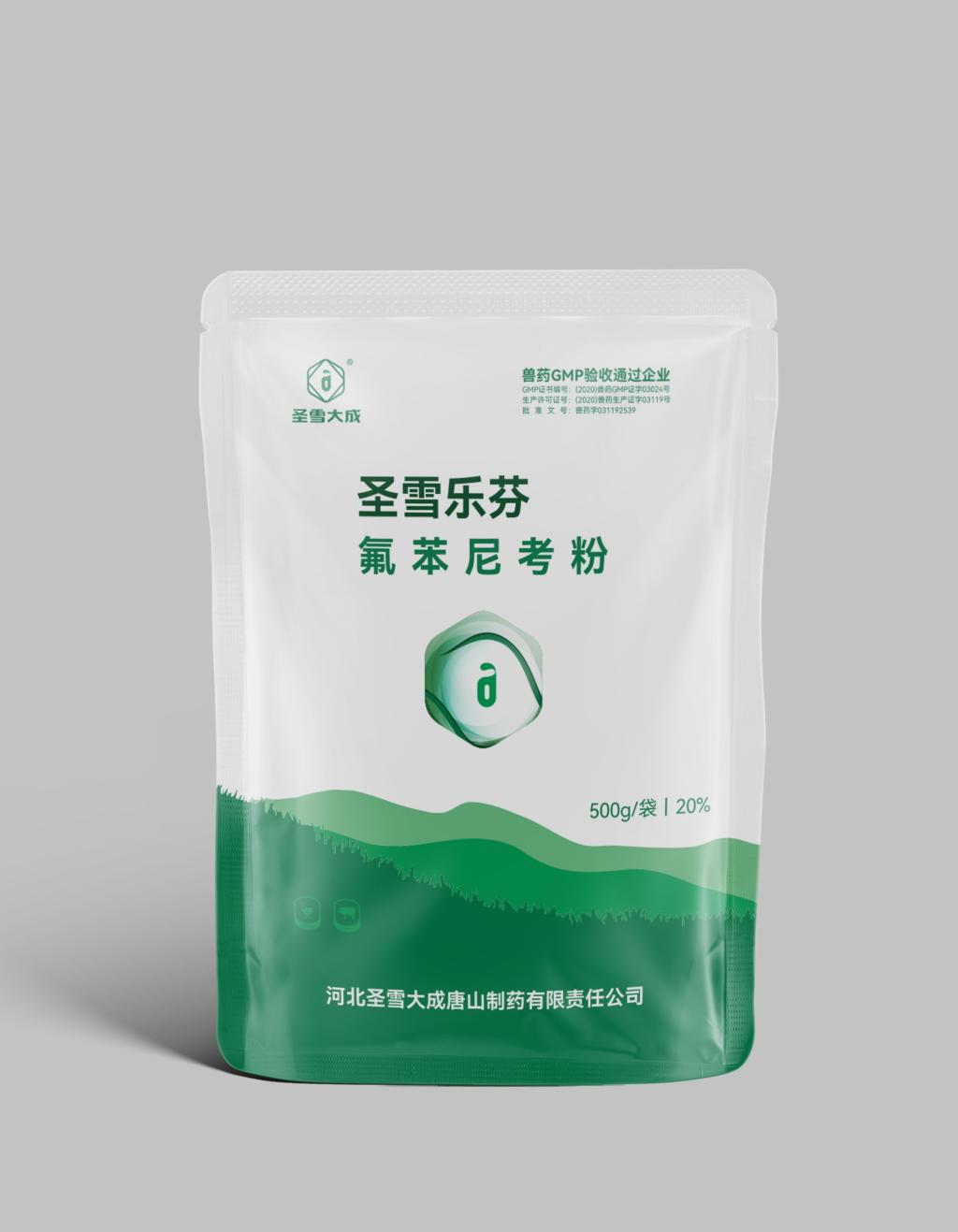Tel:+8618231198596

News
 CONTACT
CONTACT
 CONTACT
CONTACT
- Linkman:Linda Yao
- Tel: +8618231198596
- Email:linda.yao@dcpharma.cn
- Linkman:CHARLES.WANG
- Department:Overseas
- Tel: 0086 0311-85537378 0086 0311-85539701
News
Florfenicol Powder's role in managing endemic diseases in livestock is recognized globally.
TIME:2024-10-08
Mechanisms of Action
Florfenicol is a fluorinated thiamphenicol derivative that works by inhibiting bacterial protein synthesis. It binds to the 50S ribosomal subunit, preventing the translocation of peptidyl-tRNA from the A site to the P site during the elongation phase of protein synthesis. This mechanism makes florfenicol effective against a wide range of Gram-positive and Gram-negative bacteria, including those that are resistant to other antibiotics. Its bacteriostatic or bactericidal effect depends on the concentration and the specific pathogen involved.
Role in Managing Endemic Diseases
Florfenicol powder plays a crucial role in the control and treatment of several endemic diseases in livestock, which are prevalent in many regions around the world. Some of the key diseases managed with florfenicol include:
Bovine Respiratory Disease (BRD)
BRD, also known as shipping fever, is one of the most economically devastating diseases in the cattle industry. Florfenicol is highly effective against the primary pathogens associated with BRD, such as Mannheimia haemolytica, Pasteurella multocida, and Histophilus somni. Its use in metaphylaxis and treatment regimens helps to reduce morbidity and mortality, improving overall herd health and productivity.
Swine Respiratory Disease Complex (SRDC)
SRDC is a multifactorial condition in pigs, often involving viral and bacterial co-infections. Florfenicol is used to manage bacterial components, particularly Actinobacillus pleuropneumoniae and Pasteurella multocida. By controlling these secondary bacterial infections, florfenicol supports the recovery of affected pigs and reduces the spread of disease within the herd.
Mastitis in Dairy Cows
Mastitis, an inflammation of the mammary gland, is a common and costly disease in dairy herds. Florfenicol is used to treat mastitis caused by various Gram-positive and Gram-negative bacteria, including Staphylococcus aureus, Streptococcus uberis, and Escherichia coli. Effective treatment with florfenicol can help maintain milk quality and prevent further spread of the infection.
Enteric Infections in Poultry
Enteric diseases, such as colibacillosis and salmonellosis, are major concerns in poultry production. Florfenicol is used to control these infections, reducing mortality and improving growth performance. Its ability to penetrate into tissues and reach the site of infection makes it particularly useful in the management of enteric pathogens.
Aquaculture Diseases
In fish and other aquatic species, florfenicol is employed to treat bacterial infections such as furunculosis, enteric redmouth disease, and vibriosis. These diseases can lead to significant losses in aquaculture operations, and florfenicol's effectiveness in water-based applications contributes to the sustainability of the industry.
Global Recognition and Impact
The role of florfenicol in managing endemic diseases has been recognized globally, leading to its widespread adoption and inclusion in national and international guidelines for veterinary medicine. Key factors contributing to its global acceptance include:
Efficacy and Broad-Spectrum Activity: Florfenicol's ability to combat a wide range of bacterial pathogens makes it a versatile tool for veterinarians.
Safety Profile: When used according to label instructions, florfenicol is generally well-tolerated by animals, with a low incidence of adverse effects.
Regulatory Approval: Florfenicol is approved for use in multiple countries, and its MRLs (maximum residue limits) are established by regulatory bodies such as the Codex Alimentarius Commission, ensuring its safe use in food-producing animals.
Antimicrobial Stewardship: Florfenicol's targeted use in the context of responsible antimicrobial stewardship practices helps to minimize the development of antibiotic resistance, a critical concern in both human and veterinary medicine.
Challenges and Considerations
While florfenicol is a valuable tool in managing endemic diseases, there are several challenges and considerations that must be addressed:
Resistance Development: Overuse or misuse of florfenicol can contribute to the emergence of resistant bacterial strains. Adhering to appropriate dosages, withdrawal periods, and using it only when necessary is essential to mitigate this risk.
Environmental Impact: The use of florfenicol in large-scale livestock operations may have environmental implications, including the potential for contamination of soil and water. Proper waste management and disposal practices are important to minimize these impacts.
Economic Factors: The cost of florfenicol and the need for specialized equipment for administration can be a barrier in some regions. Ensuring access to affordable and effective treatments is a key consideration for sustainable disease management.
Conclusion
Florfenicol powder has established itself as a vital component in the global effort to manage endemic diseases in livestock. Its broad-spectrum activity, safety profile, and regulatory approval make it a preferred choice for veterinarians and producers. However, the responsible and judicious use of florfenicol, along with ongoing research and surveillance, is essential to address the challenges of antimicrobial resistance and ensure the long-term effectiveness of this important therapeutic agent. As the livestock industry continues to evolve, the role of florfenicol in maintaining animal health and productivity will remain a cornerstone of veterinary practice.
- Tel:+8618231198596
- Whatsapp:18231198596
- Chat With Skype







